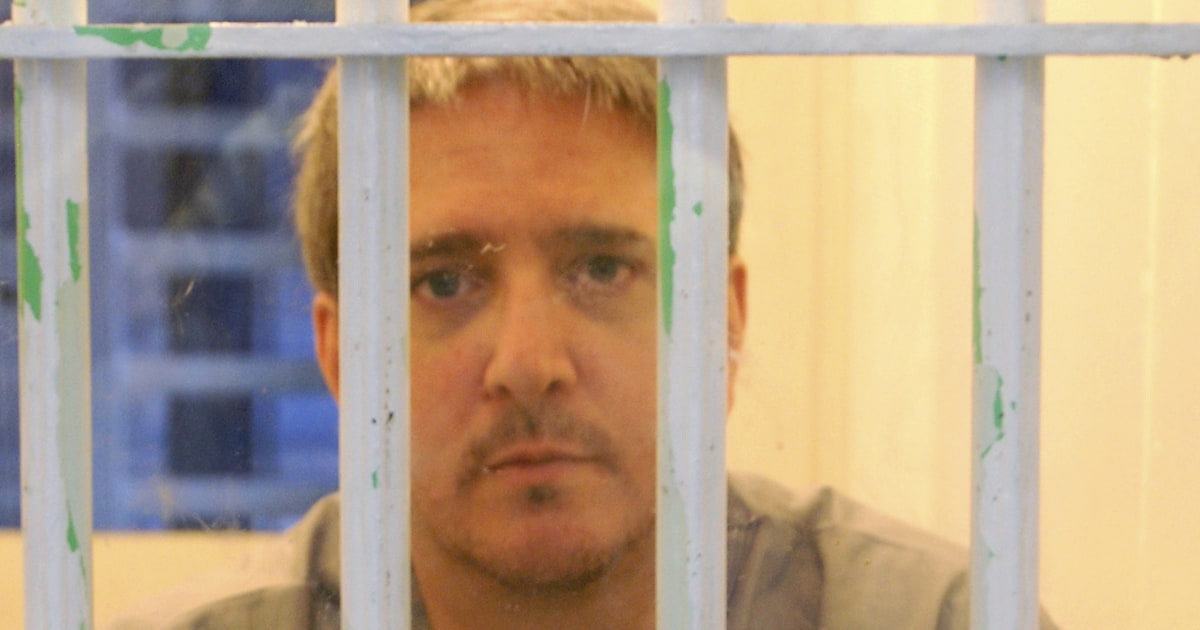WASHINGTON — The Supreme Court on Friday blocked the execution of an Oklahoma death row inmate who claims innocence in a rare case in which the state attorney general agreed the underlying conviction was not strong.
The court in a brief order granted a request made by inmate Richard Glossip, who was convicted of arranging the murder of his boss at the Oklahoma City motel where he worked.
The decision means that Glossip’s execution, scheduled for May 18, will no longer take place while his court challenge continues.
The state stopped short of saying Glossip is innocent, which means there could still be a new trial if the conviction is overturned.
Glossip’s lawyers had argued that his conviction should be overturned because of concerns about key testimony in the case provided by Justin Sneed, who carried out the 1997 murder. Sneed testified that Glossip had hired him to kill the motel owner, Barry VanTreese.
But it emerged that prosecutors had withheld information about Sneed and that he had given false testimony at trial.
An independent investigation ordered by Oklahoma Attorney General Gentner Drummond, a Republican, concluded, among other things, that it had not been disclosed at Glossip’s second trial in 2004 that Sneed had been treated for a serious psychiatric condition.
Despite Drummond’s announcement that he believed Glossip’s conviction should be overturned due to due process violations, an Oklahoma appeals court upheld the death sentence last month and the state board of pardons and paroles as well. voted against grant Glossip clemency.
Glossip, now 60, went to the Supreme Court to ask that his execution be blocked, and Drummond filed court papers on the death row’s behalf.
“In the absence of intervention by this court, an execution will proceed in circumstances where the attorney general has already confessed to error, an outcome that would be unthinkable,” Drummond wrote.
Glossip’s lawyers said there have been «serious concerns» about his conviction since the trial.
“Sneed’s inconsistencies are particularly problematic because the State’s case to execute Mr. Glossip jeopardizes Sneed’s credibility,” the lawyers wrote.
The Supreme Court previously blocked Glossip’s execution in 2015 in a separate lawsuit over whether the state’s execution protocol was unconstitutional. The court finally ruled against Glossip and two others on death row in Oklahoma.
The Supreme Court, which has a 6-3 Conservative majority, rarely grants stays of execution and some judges have criticized lawyers for death row inmates who make last-minute requests.
In 2015 oral argument in the earlier Glossip case, Conservative Justice Samuel Alito said such cases were part of a «guerrilla war» against the death penalty itself.

